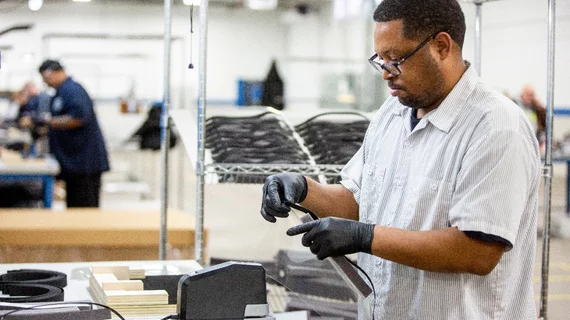Scientists, physicians question research on hydroxychloroquine
A group consisting of 140 scientists and physicians has spoken out against a study published in The Lancet that found an association between the use of the drug hydroxychloroquine and a higher death rate among COVID-19 patients.
According to the group, which penned an open letter to the study’s authors and The Lancet’s editor, “these results have had a considerable impact on public health practice and research.” For one, the World Health Organization suspended its trial of the drug for COVID-19 patients due to safety concerns.
However, the letter writers urged more transparency around the data from the study due to the high public interest, including publishing the peer review comments. In addition, the group wants more information about the data, which came from the company Surgisphere, including the provenance and the aggregated patient data at the hospital level.
They also asked for independent validation of the analysis performed by a group from WHO or another independent institution.
They also listed 10 concerns around the study that has raised integrity concerns about the results of the study, such as no ethics review, no data or code sharing and availability in the paper, higher mean daily doses of the drug than FDA recommendations, and more.
See the full letter here.

